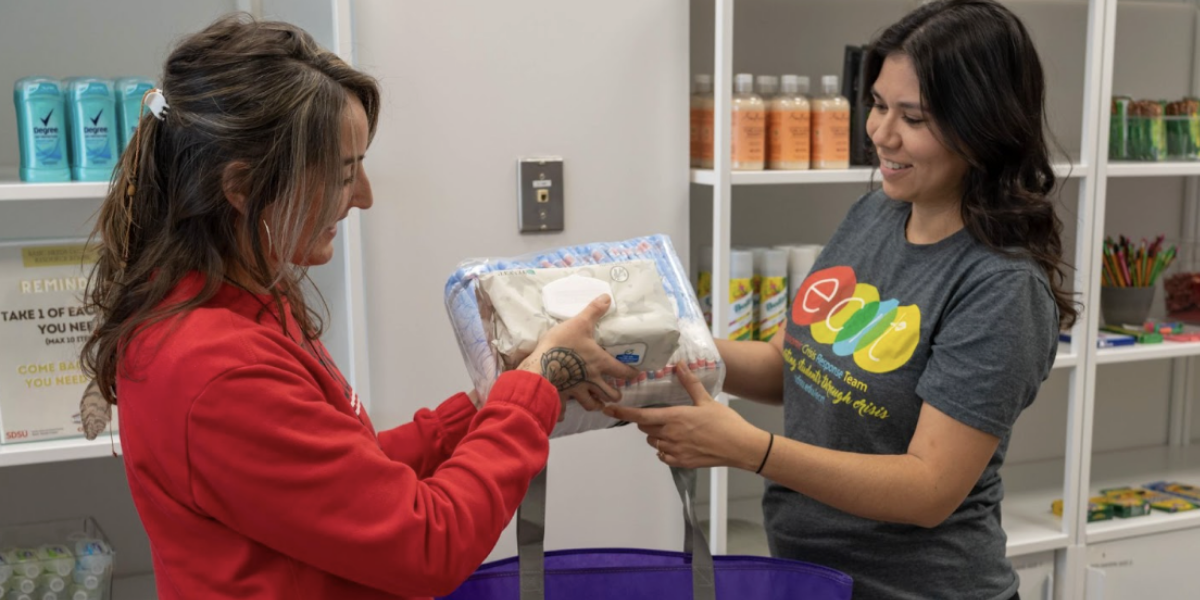The “right to know” will be tested on Nov. 6 when voters decide whether to pass or reject Proposition 37.
If Proposition 37 passes, California will be the first U.S. state to require labeling of genetically modified organisms, crops and processed foods.
Proposition 37 was discussed in an open forum Oct. 10 as part of the Green Lunch Bag Series at Scripps Cottage. Local grocers, restaurant owners, concerned parents and politicians debated about whether labeling GMOs is a fundamental responsibility or a waste of money.
Currently, the U.S. is one of the few modernized countries that does not require GMO labeling. In 1997, the European Union required labeling products with .9 percent or more of GMOs. In the U.S., about 70 percent of processed foods contain GMOs.
“It’s a pretty simple initiative. It’s just made more complicated because the opposition has a lot at stake,” Ocean Beach People’s Organic Food Market general manager Nancy Casady said.
Casady is an appointee to the California State Board of Food & Agriculture. At the Green Lunch Bag Series event, Casady begged the question of why GMO labeling is the “one thing we can’t know about our foods.” She answered her own question.
“It’s about the money,” Casady said.
Opponents of Proposition 37 include big-name companies such as PepsiCo, Coca-Cola and Monsanto, a U.S. transnational agricultural biotechnology company, which genetically engineers crops. Corporations such as these spent millions against Proposition 37. A coalition of thousands of local proponents of Proposition 37 have raised a fraction of what “No on 37” supporters spent.
Owner of Huffman Public Affairs Brendan Huffman said Proposition 37 would harm the economy. Huffman, who specializes in state and local issue advocacy and policy development, says Proposition 37 would hurt jobs and only affect California taxpayers.
“The initiative causes harm,”
Huffman said. “We need to be careful on what we’re voting for. The state is broke. It can’t enforce this.”
Huffman said his interest is in protecting small, family- owned businesses from potential lawsuits. However, when the question and answer portion of the Green Lunch Bag Series got underway, San Diego State finance senior Cord Claffey stood up and asked why local grocers and small business owners lined up against Monsanto in support of Proposition 37.
“I’m curious to know how come your argument is about litigation costs for small businesses when the very people funding (No on 37) are the big businesses?” Claffey said.
The crowd responded with lively applause. Most attendees were supporters of Proposition 37. Huffman was seemingly alone in his fight against Proposition 37 at the Green Lunch Bag Series. However, supporters say Huffman’s views are unpopular for a reason. Casady said the reason is simple: “We have a right to know what’s in our food.”
“It’s pretty darn arrogant and frankly, irresponsible,” Casady said regarding the U.S. not requiring the labeling of GMOs.






